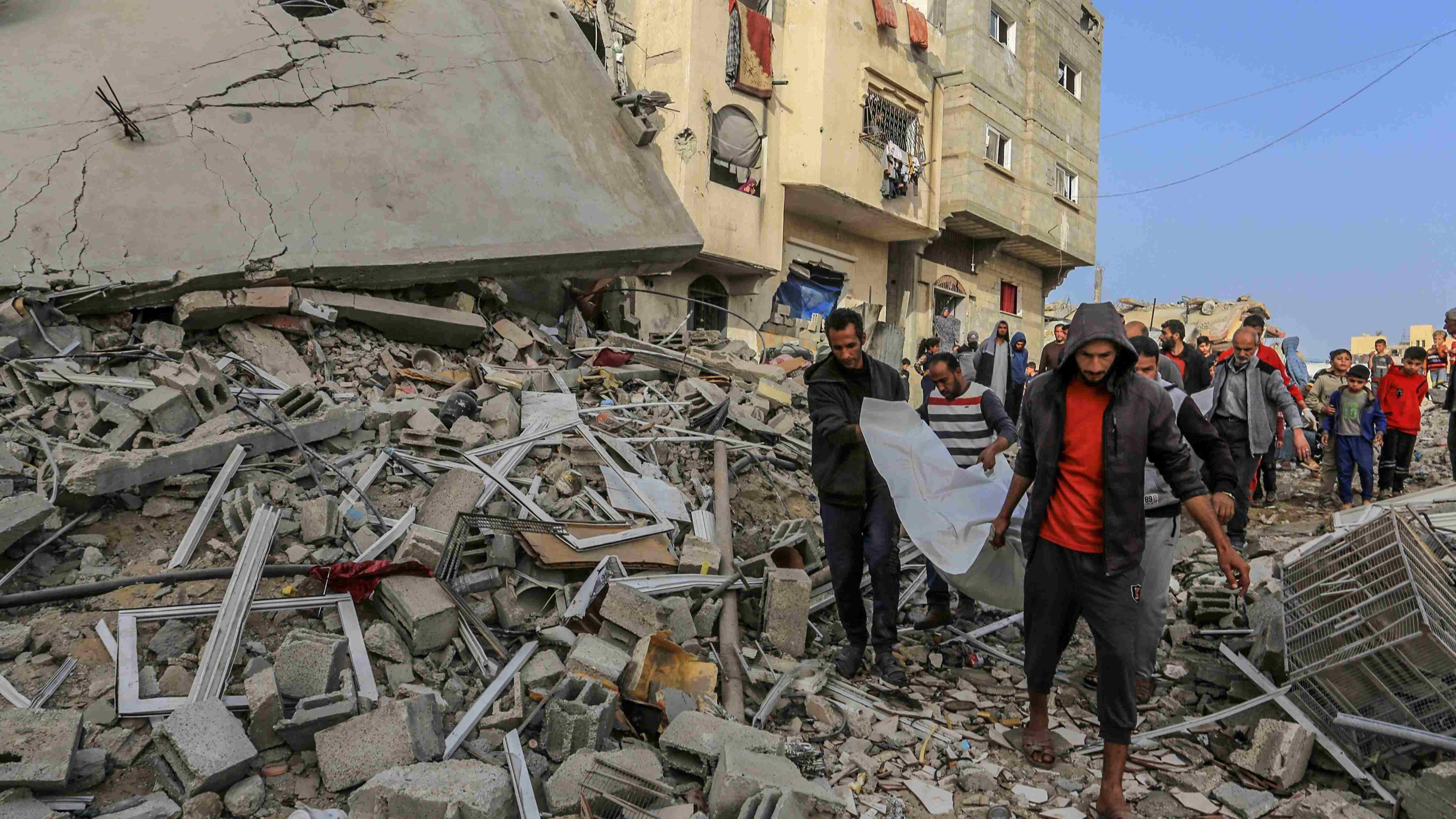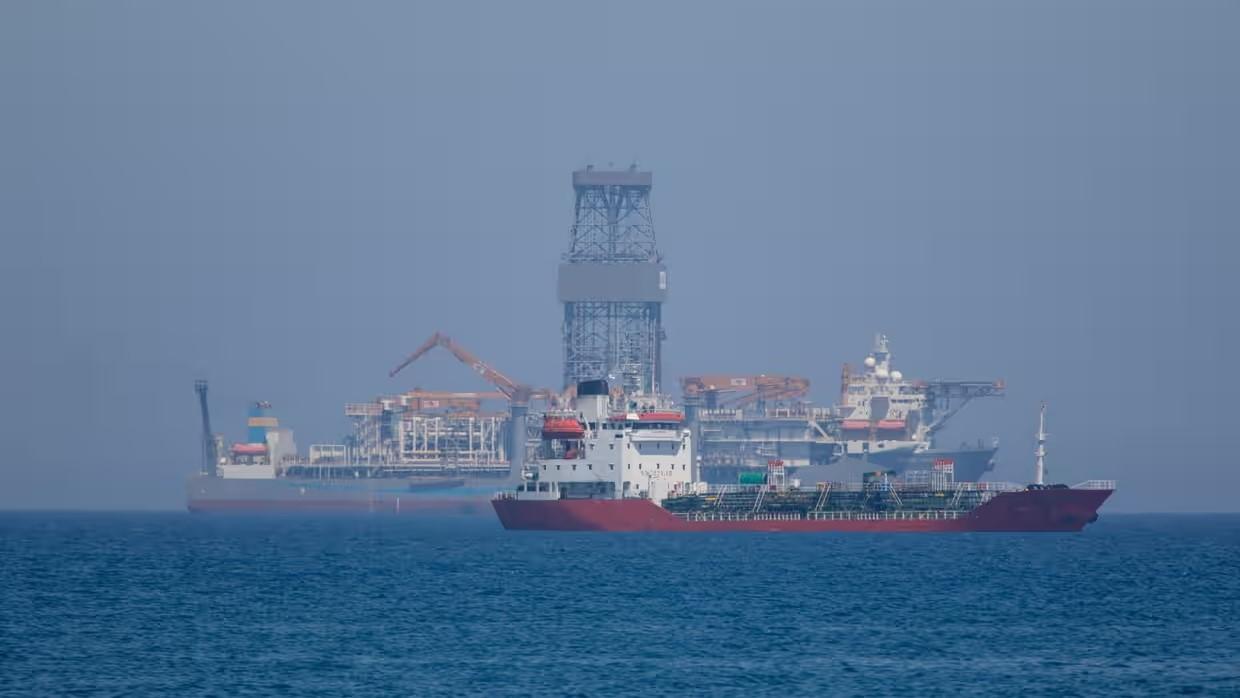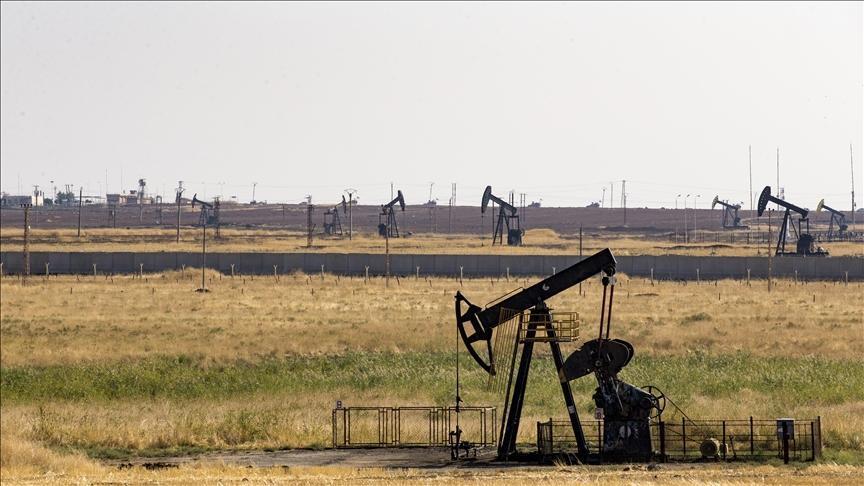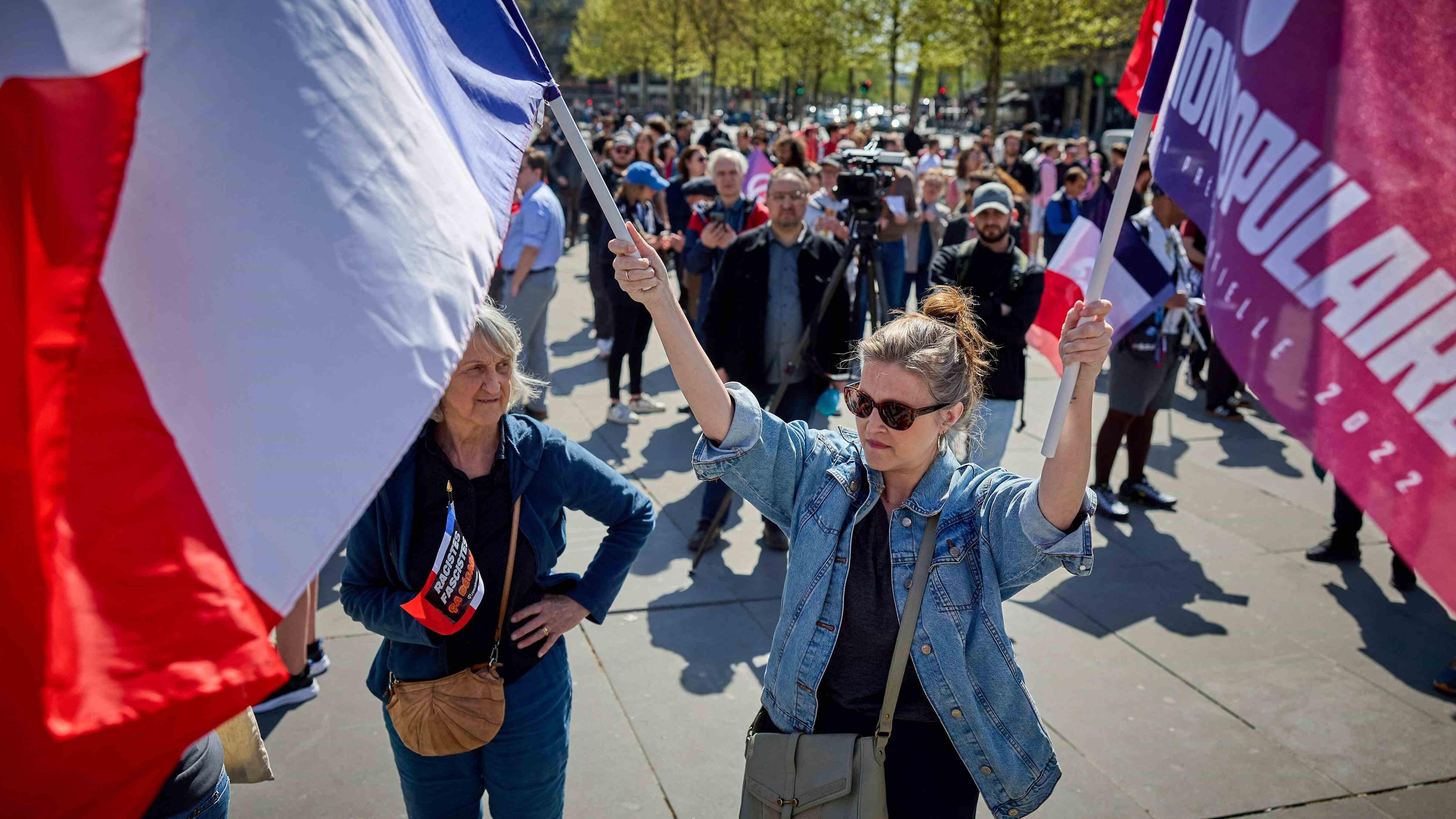Iraq dilemma: Arbil thaw vs Baghdad chill
ANKARA – Hürriyet Daily News
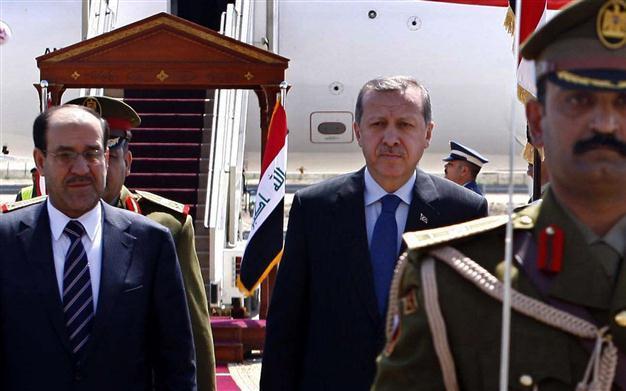
AA photo
Already tense ties between Turkey and Iraq were further strained yesterday as both countries summoned each other’s ambassador to accuse one another of interfering in the internal affairs in the wake of growing sectarian conflict in war-torn Iraq.The rise in tension between the neighboring countries apparently made Ankara and Arbil become closer as Turkey’s most senior diplomat held unannounced meetings with Masoud Barzani, leader of the Kurdistan Regional Government, over the weekend.
The first move came Monday morning from Iraq when Deputy Foreign Minister Muhammed Jawad al-Dooreki summoned Yunus Demirer, Turkish ambassador in Baghdad, urging his government to consider the “necessity of avoiding anything that might disturb” good relations.
The Iraqi move came a week after Prime Minister Recep Tayyip Erdoğan said Iraq’s neighbors should not stoke Sunni-Shiite tensions in Iraq, which he said could engulf the entire Islamic world, and said Iraq faced a “historical” responsibility. The same day Erdoğan held a phone conversation with Iraqi Prime Minister Nouri al-Maliki and reiterated Turkey’s concerns.
“The Turkish ambassador gave assurances that Turkish officials’ statements were in good faith and he will inform his government in Ankara of the Iraqi position,” an Iraqi Foreign Ministry statement said Jan. 16. In return, Demirer underlined that the situation in Iraq was a concern for all regional countries and required a holistic approach for the solution, a diplomatic source told the Hürriyet Daily News yesterday.
Ties between Baghdad and Ankara have been strained by Turkey’s position on the Shiite-led government’s move to arrest Sunni Vice President Tariq al-Hashemi, a measure that has triggered political turmoil that risks stirring more sectarian tensions.
Instant retaliation from Ankara
Hours after its envoy to Baghdad was summoned, Ankara invited Iraq’s ambassador to Turkey in a move to express the Turkish government’s disturbances over al-Maliki’s recent statement, warning that Turkey itself would suffer if its interventions in Iraq sparked conflict in the Middle East.
“Recently we noticed their surprise interventions with statements, as if Iraq is controlled or run by them,” al-Maliki said in an interview with private al-Hurra television channel late Friday. “Their latest statements interfered in domestic Iraqi affairs… and we do not allow that absolutely. If it is acceptable to talk about our judicial authority, then we can talk about theirs; and if they talk about their disputes, we can talk about theirs.” In further remarks, al-Maliki warned that “Turkey is playing a role that might bring disaster and civil war to the region, and Turkey will suffer because it has different sects and ethnicities.”
Al-Maliki’s strongly worded statement was not left unanswered by Ankara, which invited Iraq’s Ambassador to Turkey Abdul Kamil Tabikh to the Foreign Ministry late Jan. 16 when the Hürriyet Daily News went to print. Apart from voicing criticisms about al-Maliki’s statement, Ankara reiterated its policy to Iraq with calls on Iraqi officials to responsibly deal with the ongoing sectarian conflict.
Maliki’s statements ‘imprudent’
In a separate reaction, Ömer Çelik, deputy leader of the Justice and Development Party (AKP), slammed al-Maliki through his Twitter account.
Describing al-Maliki as the leader of an organization rather than a state and his statements as imprudent, Çelik said, “Words targeting Turkey are not compatible with the responsibility of the ‘Iraqi Prime Minister.’ He is fulfilling ‘other responsibilities.’”
Accusing al-Maliki of aiming to run a Shiite-dominated country, Çelik warned that Iraq might be a satellite country in the future under his rule.
“From now on Iraq has a serious al-Maliki problem. Turkey has no problem with Iraq and fully supports Iraq’s unity,” Çelik said.
Ankara-Arbil alliance?
At a moment when Ankara-Baghdad ties were put into a deeper spat, Foreign Ministry Undersecretary Feridun Sinirlioğlu’s unannounced visit to Arbil sparked fresh thoughts about a possible Ankara-Arbil alliance in the face of ongoing internal conflict in Iraq.
Sinirlioğlu met with Masoud Barzani and Iraqi Kurdistan Democratic Party leader Nechirvan Barzani to discuss a variety of issues including the ongoing political crisis in Iraq, the fight against the outlawed Kurdistan Workers’ Party (PKK) and other bilateral matters.
That visit came after Arbil’s relations with Baghdad were also strained as Masoud Barzani refused to hand over al-Hashemi, who was accused of establishing a criminal gang in the capital.
Turkish diplomatic sources would neither confirm nor deny a potential meeting between Sinirlioğlu and al-Hashemi, who has near-perfect relations with Ankara. Al-Hashemi, who is currently holed up in Iraq’s Kurdish region, has mooted the possibility of going to Turkey, even though officials have barred him from overseas travel.
Meanwhile, the Iraqi judiciary says a court in Baghdad has ruled that the Sunni vice president must stand trial on terror charges in Baghdad, not the northern city of Kirkuk, the Associated Press reported. Al-Hashemi escaped to the semi-autonomous northern Iraq, out of reach of authorities in Baghdad.


